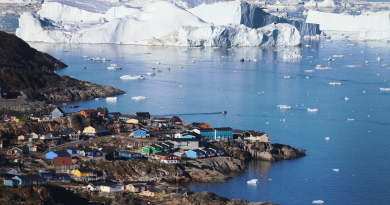Inuit art curator wants to bring traditional art back to Canada’s eastern Arctic
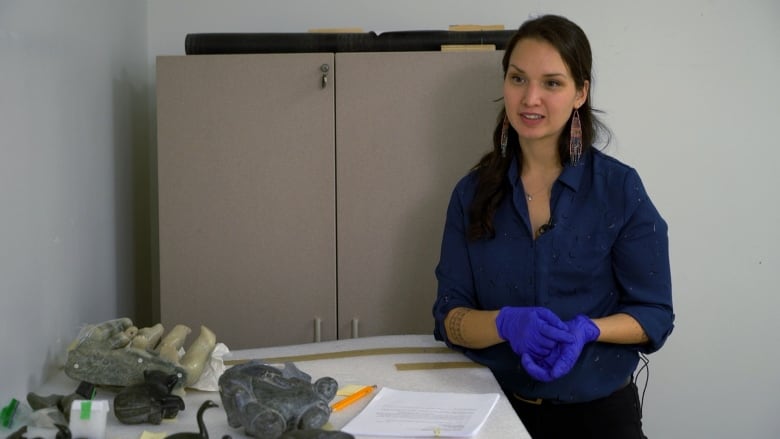
The curator of Inuit art for the Government of Nunavut, in Northern Canada, has a job sorting through thousands Inuit artifacts and art pieces.
These pieces are split between two southern institutions that have the capacity to care for them properly — the Canadian Museum of Nature in Ottawa, where Krista Zawadski works, and the Winnipeg Art Gallery.
It’s a miniscule portion of the hundreds of thousands that have come in, notably 148,000 pieces previously stored at the Prince of Wales Heritage Museum in Yellowknife.
Finding origins
Zawadski’s first step in the sorting process is figuring out who made the pieces.
“A lot of these pieces were brought in the 40s, 50s and 60s,” she said, explaining many times they aren’t signed, instead marked with the artists’ Eskimo identification number.
These numbers came affixed to tags the Canadian government forced Inuit to wear between the 1940s and 1970s, as a way to keep track of the Arctic population.
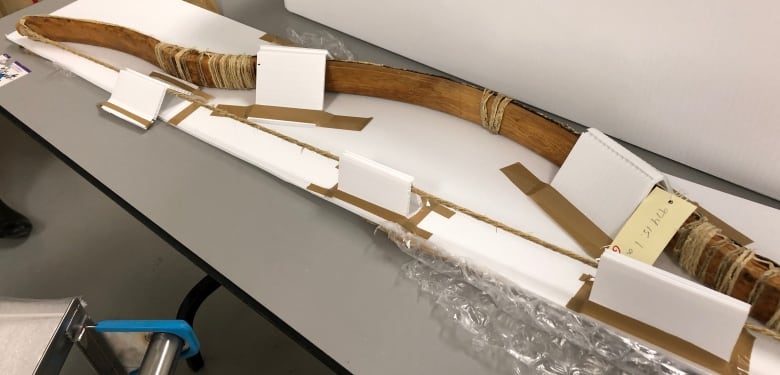
Zawadski is studying for her PhD in anthropology and hopes someday to work in a museum — but not just any museum.
“Hopefully someday we’ll have a museum in Nunavut or a heritage centre that could house a lot of these pieces,” she said. “I think it’s important to bring them back.”
Zawadski believes Inuit have the power to help transfer knowledge between generations. She experiences it herself, when she brings pieces to elders.
Darlene Coward Wight, curator of Inuit art at the Winnipeg Art Gallery
“You can get them to talk about it, and that is really valuable,” she said. “It’s a privilege and I think it’s really important because that way we can gain knowledge and share it with our children and our peers.”
Sharing with children is especially important to Zawadski. She pointed out how youth can benefit from recreating Inuit pieces, writing stories about them, even taking art home to ask elders what it means to them.
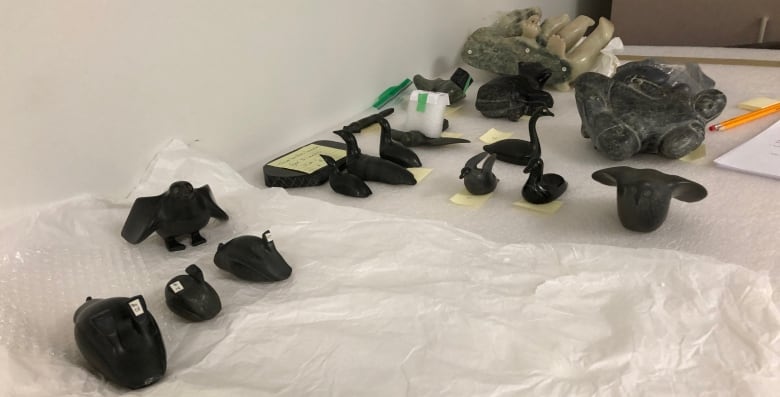
“It makes a big impact,” she said. “It did on me. Helped me pursue education and stick with it. I didn’t always stay in university … but now I’m back doing my PhD, I never thought I’d [do that].”
As of 2020, many of these artifacts will go to the Winnipeg Art Gallery’s new Inuit Art Centre, a 40,000-square-foot, $65-million project. Zawadski is part of a team of four Inuit women who will curate the centre’s first exhibitions.
Darlene Coward Wight, curator of Inuit art at the Winnipeg Art Gallery, says there are thousands of pieces her institution has on loan from the Government of Nunavut, all of it ready for repatriation as soon as the territory has a place for it.
“As soon as a museum is built in the North, [the pieces] will all go North,” she said. “Until that happens, we are photographing everything and exhibiting the pieces.”
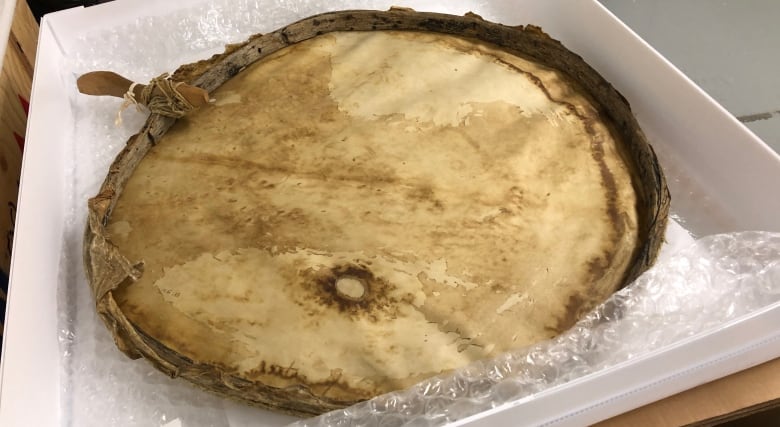
With files from Madeleine Allakariallak
Related links from around the North:
Canada: Human remains and artifacts left at doorstep of Canadian Inuit organization, CBC News
Finland: Sámi school preserves reindeer herders’ heritage with help of internet, Cryopolitics Blog
Greenland: Enough of this postcolonial sh#%’ – An interview with Greenlandic author Niviaq Korneliussen, Eye on the Arctic
United States: Indigenous Alaskans find strength in community and tradition, Alaska Public Media

